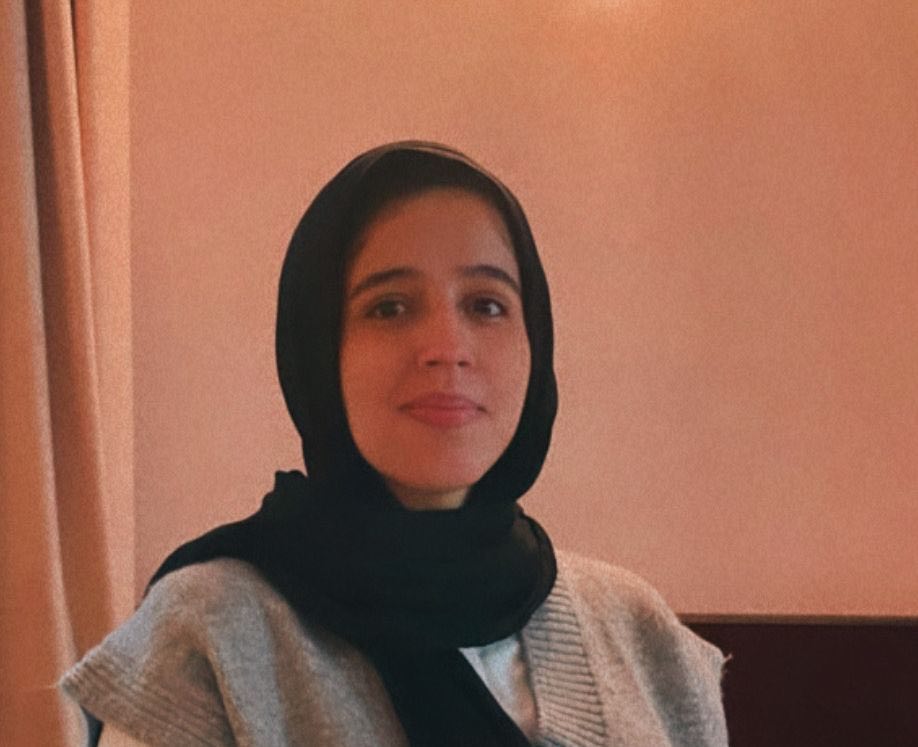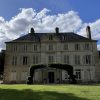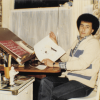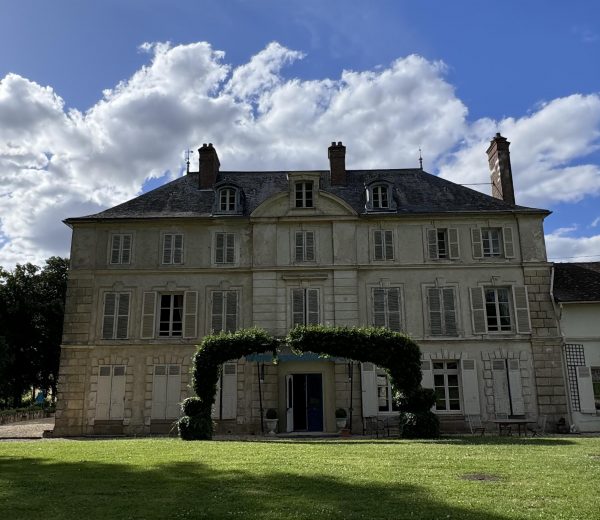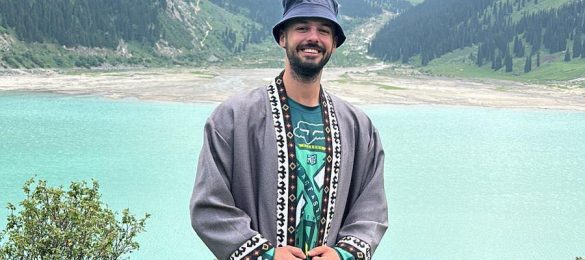February 17, 2011, a date Libyans will never forget and I, personally, won’t. A day that reshaped and rewrote the history of a country that has faced and still continues to face transforming events. 10 years have passed and they have challenged every individual in Libya in ways the mind cannot be wrapped around, especially youth. In this piece, I will be reflecting on my hopes and doubts through the past 10 years. This time, I am reflecting away from home while watching from distance for the past three years. I cannot believe that 10 whole years have passed since the transforming event of February 17.
The Shift of the Narrative
When the revolution started, I was an ordinary 17 year-old teenage girl in her senior year in high school. I had a very normal life and never imagined that something like a revolution would happen and change my life completely. It is ironic that us humans, we know that death is inevitable but life keeps us busy in order for us not to think about it. However, since 2011, death has been around every corner in Libya.
The revolution was just the beginning! I grew in ways I never thought I would. From being a teenager with high hopes for the future to an adult quickly who had to face many responsibilities with many doubts and uncertainties since the uprisings. We hoped for a democracy and justice and 10 years later, unfortunately, we still have the same hopes.
Nevertheless, the revolution has given me the opportunity to see life from a different lens. A life I only thought I knew from the news channels. It made me realize and question our reality today. It made me think about my loved ones and care excessively because I fear of losing them. With every war and conflict happening in Libya, fear increases and hopes diminishes because who is free to think of the future while questioning the present? The revolution has given me the chance to find myself and what I want in life.
It pushed me to try new things and develop as an individual. I found myself interested in unfolding mysteries and stories from the past, specifically how Libya was before 1969. Because it is an era that remained closed and unopened during Gaddafi’s regime for many generations. I began to read anything related to Libya before 1969 and it made me ask questions. I didn’t have the opportunity to question anything before 2011.
However, the revolution helped me revolt on the ideas and norms embedded from Gaddafi’s era, at least the 17 years I have lived and witnessed through his reign. It also ignited my thirst for political understanding and citizen participation. I realized my role in building my society and my rights as a citizen in Libya. Awareness was absent before 2011. The revolution removed the dust on many realities and revealed the truth. Libyans needed the truth.
Hopes & Doubts in Disguise
Many from the younger generation pushed themselves and fought the doubting and the pessimist reality in Libya. Social contributions and youth-led projects have prevailed the scene and it showed the power of youth. It opened up opportunities for youth to engage in many events and make connections locally. It made young people create and develop their societies while those in power are sitting still promoting extended corruption.
I am seeing people trying to fix the problems with everything they have because they just care. They want to have the best in the midst of all the crises Libyans are living. Love for life is what keeps people pushing through. It is like watching good and evil in one setting. I have always described the revolution to be an artistic revolution too. It broke out the creativity that was kept buried or unnoticed before 2011. I strongly believe that creativity has been an essential tool in the Libyan resistance post the revolution.
Nevertheless, it is important to realize the doubts of this process. We have witnessed the social fragmentation and conflict due to the ongoing instability in Libya. The past 10 years have also revealed the complexity of the Libyan social web and the tragic reality of the society. The impact of tribes has had an important role in Libya’s history and in the conflicts that the country had over the past 10 years. Nevertheless, the tribal structure has been in the question of reconciliation following the war committed by Haftar forces on the capital Tripoli, in 2019. This may lead us to think of the possible ”reconciliation” and is it even possible?
Too many questions and thoughts to reflect on but here we are, celebrating the 10th anniversary of the Libyan revolution with an extended unknown. An ”appointed” government was just assigned and many are cautiously waiting for what’s yet to happen hoping for a better reality. But looking back at these 10 years, Libyans have proved to the world that hope remains no matter how hardships are present in our reality today.
Cover photo credit: Libyan Photographer Mohamed Al-Shibli
You can follow his work on Instagram: Mohammed Mahmoud Al-Shibli (@al.shiblie) • Instagram photos and videos
